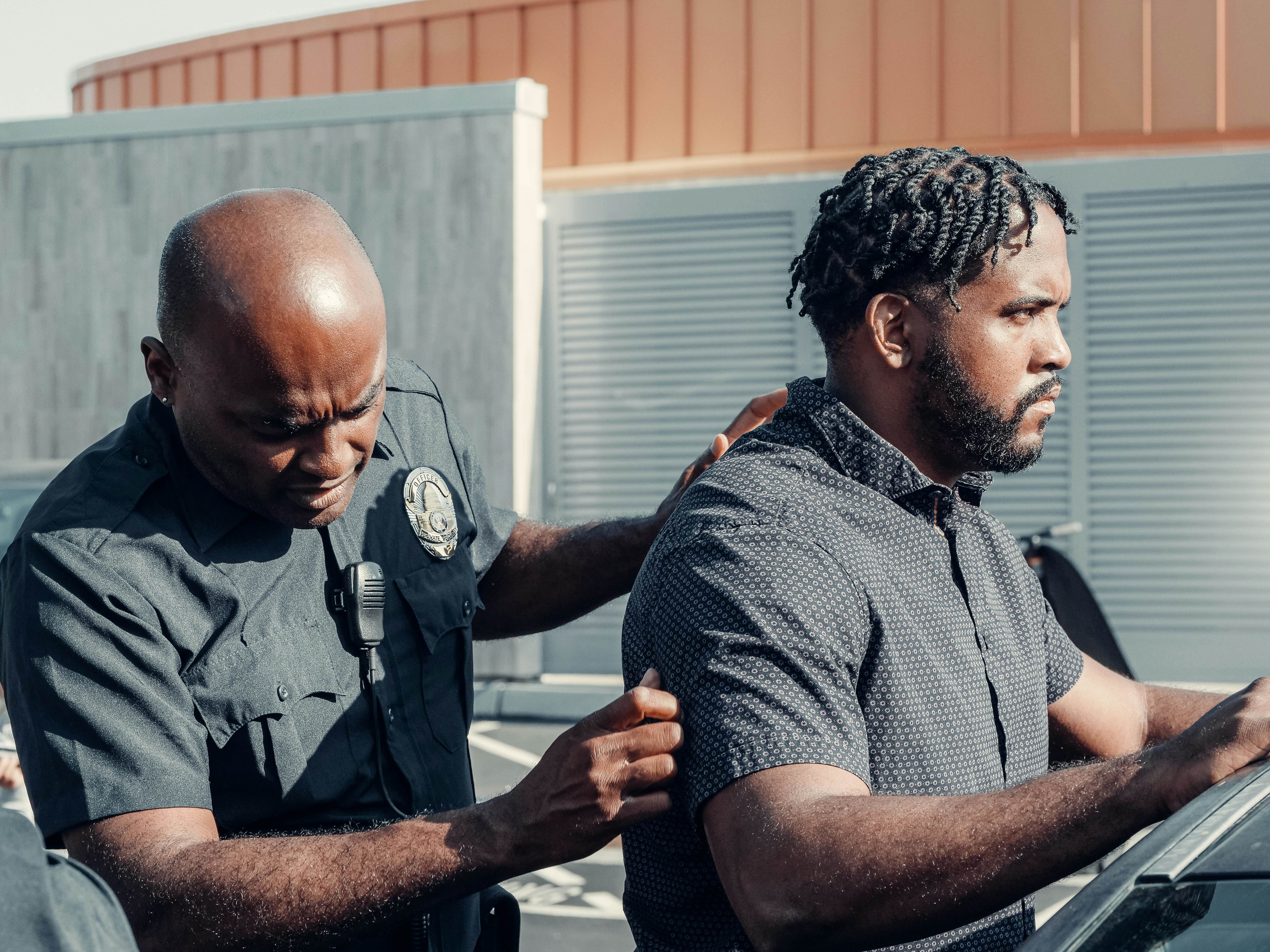What Qualifies as Theft Under Florida Law?
In Florida, theft is defined under Florida Statute § 812.014 as knowingly obtaining or using—or attempting to obtain or use—someone else's property with the intent to either permanently or temporarily deprive the owner of the property.
Theft charges range from petit theft to grand theft, depending on the value of the property and the circumstances of the incident.
Types of Theft and Property Crimes in Naples
Here are some of the most common theft-related charges seen in Naples and surrounding areas of Collier County:
- Petit Theft (aka Petty Theft)
Theft of property valued at less than $750. This includes shoplifting or stealing items from someone’s yard or car. - Grand Theft
Theft of property valued at $750 or more. Grand theft charges become more serious based on value and type of property (e.g., firearms, vehicles, or construction equipment). - Burglary
Unlawfully entering a structure, dwelling, or conveyance with intent to commit a crime inside—often confused with theft but considered a separate offense. - Dealing in Stolen Property
Knowingly selling, transferring, or trafficking items obtained through theft. - Criminal Mischief (Vandalism)
Willfully damaging another person’s property, such as graffiti, broken windows, or tampering with electrical systems. - Possession of Burglary Tools
Having tools like crowbars, bolt cutters, or even gloves and masks, with the intent to commit burglary or theft.
Penalties for Theft and Property Crimes in Florida
The punishment for theft in Florida depends on multiple factors, including the value of the stolen property, the offender’s prior criminal history, and whether force or violence was involved.
Here’s a breakdown:
- Petit Theft of under $100 – Second-degree misdemeanor
Up to 60 days in jail and a $500 fine - Petit Theft between $100–$750 – First-degree misdemeanor
Up to 1 year in jail and a $1,000 fine - Grand Theft of $750–$20,000 – Third-degree felony
Up to 5 years in prison and a $5,000 fine - Grand Theft of $20,000–$100,000 – Second-degree felony
Up to 15 years in prison - Burglary – Felony charges based on type and location (e.g., dwelling vs. structure)
Can carry up to life in prison if armed or if someone is harmed during the incident
Even for first-time offenders, a conviction can lead to a permanent criminal record, loss of civil rights, difficulty finding employment, and reputational harm.
Potential Defenses Against Theft and Property Crime Charges
Every case is different, but here are several common defenses that may apply in theft or property crime cases:
- Lack of Intent
Theft requires intent. If you believed the property was yours or had permission to use it, this could be a strong defense. - Mistaken Identity
Especially in surveillance-heavy environments like stores or parking lots, suspects are sometimes wrongly identified. - Consent
If the owner gave you permission to use or take the property—or it was loaned to you—the element of unauthorized use may not be present. - Duress or Coercion
If you were forced or threatened into committing the theft by someone else, you may have a legal defense. - Entrapment
If law enforcement induced or encouraged you to commit a crime you otherwise would not have committed, the case could be thrown out. - Insufficient Evidence
The burden of proof is on the prosecution. If the state cannot prove you committed the crime beyond a reasonable doubt, the charges must be dismissed or reduced. - Return of Property
While not a complete defense, returning the property can sometimes influence the court’s decision, especially in plea negotiations.
What To Do If You’ve Been Accused of Theft in Naples
If you’ve been accused—or even just contacted by police—it’s crucial to take immediate action:
- Do not speak to police without a lawyer. Even seemingly harmless statements can be used against you.
- Do not agree to any searches without a warrant.
- Preserve any evidence that may help your defense—receipts, messages, photos, or witnesses.
- Hire an attorney experienced in handling theft and property crimes in Collier County.
The longer you wait, the more you risk—especially if prosecutors are already building a case.
How a Skilled Attorney Can Help
A knowledgeable defense lawyer can:
- Evaluate the legality of your arrest and evidence collection
- Challenge witness testimony or surveillance footage
- Negotiate for dismissal, diversion programs, or reduced charges
- Represent you in court and protect your rights every step of the way
Florida also offers pre-trial diversion programs in certain cases, which allow first-time offenders to avoid a criminal conviction entirely through community service, restitution, or counseling.
